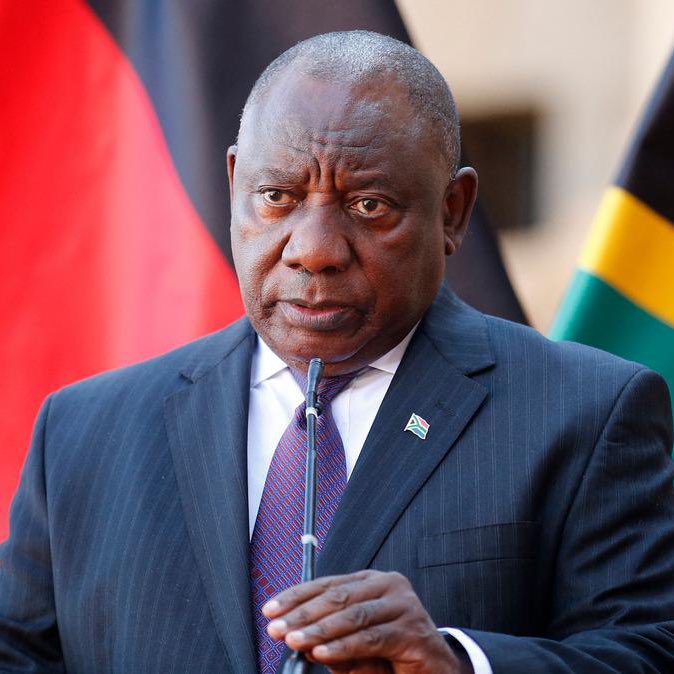South Africa’s President Cyril Ramaphosa has signed the highly debated Basic Education Laws Amendment Bill into law, marking a significant moment for the country’s education system. However, the president has postponed the implementation of two contentious clauses, which have sparked concerns about their potential impact on South Africa’s fragile unity government.
The bill’s passage comes despite public outcry and challenges from political parties, particularly the Democratic Alliance (DA), the second-largest party in the government of national unity. On Friday, Ramaphosa signed the bill at a public event, which immediately prompted the DA to announce its plans to challenge the law in court. This issue presents yet another test for the unity government that was established following May’s general election, where the African National Congress (ANC) experienced its worst electoral outcome since the historic 1994 elections, losing its parliamentary majority.
The DA, along with several smaller opposition parties, has voiced objections to specific clauses within the bill. Their primary concern lies with the sections granting the government greater authority to dictate language and admission policies in schools. Critics argue that these measures could erode the principle of mother-tongue education, particularly affecting Afrikaans-speaking communities. Afrikaans, spoken by a minority in the country, holds a special place within South African education, and many within the community are worried that schools teaching in Afrikaans could be disproportionately affected by the new law.
“In the spirit of cooperation and meaningful engagement, I have decided to delay the implementation date for clauses 4 and 5 of the bill by three months,”
President Ramaphosa stated. This decision, he explained, would provide the time necessary for discussions and enable parties to find ways to reconcile their differing perspectives.
DA leader John Steenhuisen has been vocal in his criticism of the bill, revealing that the party’s legal team is already preparing for a court challenge. He highlighted the fact that Afrikaans is currently taught in only around 5% of South African schools, although it remains a compulsory second language in most schools.
“The government should apply itself to improving the vast majority of poorly performing schools that teach through the medium of English, throughout the country,”
Steenhuisen asserted, stressing that the broader issues in the education system require the government’s immediate attention.
Despite the growing tensions, Steenhuisen has sought to calm fears that this policy dispute could threaten the unity government. He dismissed the idea that the conflict over the education bill represents an existential threat, noting that disagreements over policy are natural within a coalition government.
Ramaphosa, in defending the bill, pointed to the overarching aim of educational reform, which he believes is long overdue.
“We are proceeding with the transformation of our education system,”
Ramaphosa said, emphasising that signing the bill sent a clear signal of the government’s commitment to change.
Another significant aspect of the legislation is its provision for making early education compulsory for children aged four to five, effectively standardising the start of formal schooling. Ramaphosa framed this as a vital step towards ensuring equality in education across the country.
“The law seeks to ensure uniformity and fairness in educational standards across all schools, and it is only the government that can do so,”
the president said, underscoring his belief that government oversight is necessary to elevate education standards nationally.

















